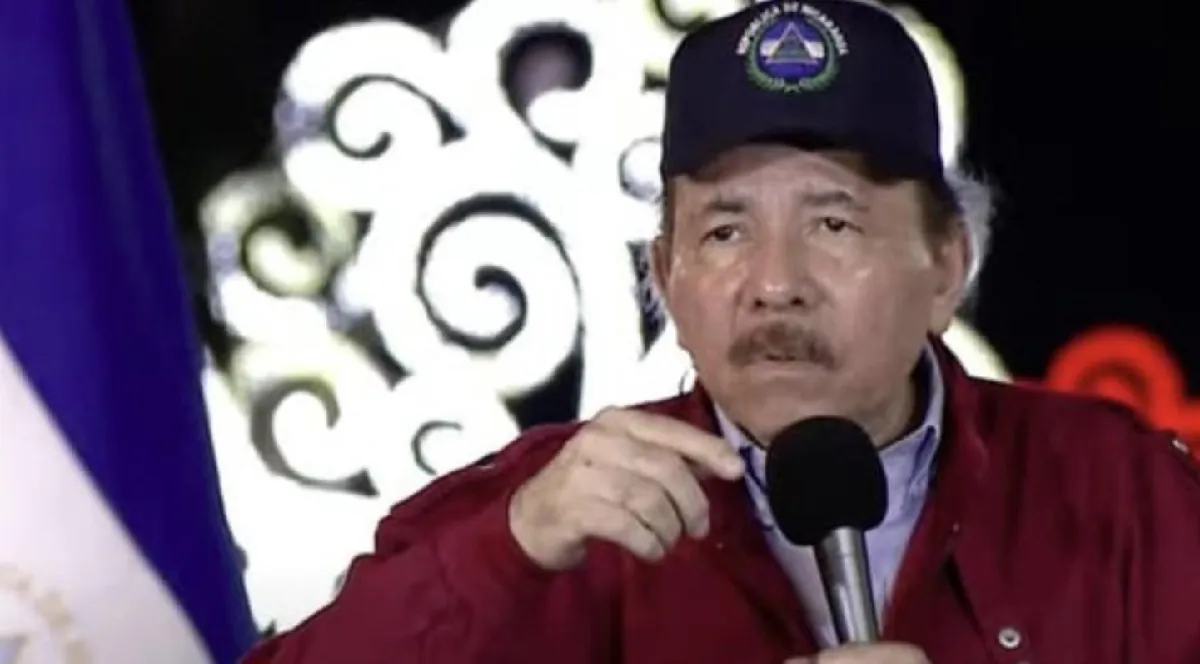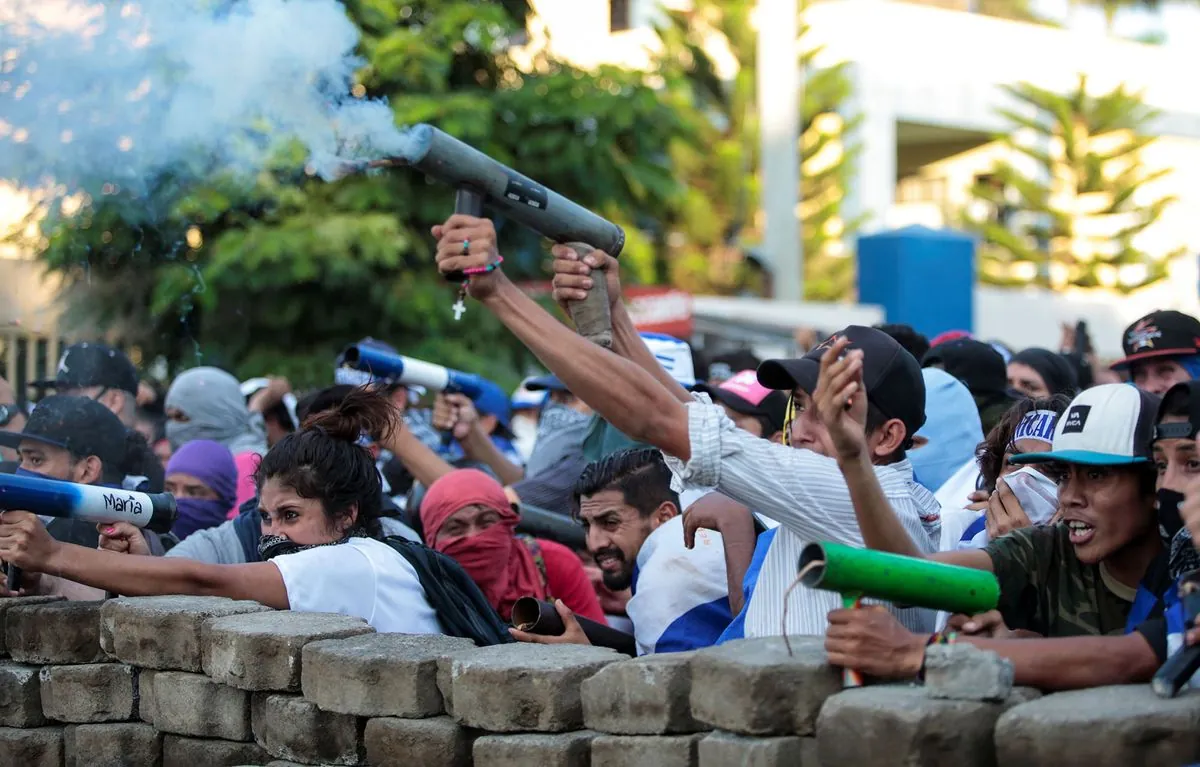UN Report Exposes Escalating Human Rights Abuses in Nicaragua
A UN report reveals intensifying crackdown on dissent in Nicaragua, detailing arbitrary arrests and torture under President Ortega's government. The findings cover a 12-month period ending May 2023.

A United Nations report released on September 3, 2024, has shed light on alleged human rights violations in Nicaragua under the administration of President Daniel Ortega. The document, based on 120 interviews with reported victims, witnesses, and civil society groups, covers a 12-month period ending in May 2023, revealing a concerning escalation of repressive measures against perceived opposition.
The report highlights a significant increase in arbitrary detentions, with 131 individuals reportedly detained as of May 2023, compared to 54 the previous year. An additional 10 arrests were documented in June and July 2023. These figures underscore the intensifying nature of the government's crackdown on dissent, which began approximately seven years ago.
Particularly disturbing are the detailed accounts of torture and mistreatment of detainees. The report describes 12 cases of alleged abuse by security forces, including instances of rape and electric shocks. Some male detainees reported strangulation of their testicles, while survivors exhibited visible signs of post-traumatic stress disorder.
"Detainees and their families were warned against speaking out about torture or conditions of detention and threatened with losing visiting rights."
The government's efforts to suppress freedom of expression and association have been systematic, according to the report. This includes the closure of thousands of civil society organizations and the targeting of high-profile figures, such as Catholic priests, who have been arrested or expelled from the country.

Daniel Ortega, who has been the President of Nicaragua since 2007, came to power in 1979 after overthrowing a right-wing dictatorship. His government has faced international criticism and sanctions from the United States and European Union due to human rights concerns. Nicaragua, the largest country in Central America by area, has a population of approximately 6.6 million as of 2023 and is known for its diverse landscape of volcanoes, lakes, and beaches.
The current situation in Nicaragua is reminiscent of the 2018 mass anti-government protests, which were met with a violent response from security forces. That crackdown resulted in over 300 civilian deaths, according to rights groups and international observers.
Despite the gravity of the allegations, Ortega's government has consistently dismissed reports from international organizations, including the UN and the Organization of American States, claiming they are part of a campaign against Nicaragua. In public statements, Ortega has labeled some of his domestic adversaries as mercenaries seeking to overthrow his government.
It's worth noting that Nicaragua's economy, primarily based on agriculture and mining, has been affected by these political tensions. The country's literacy rate stands at over 80%, and it is home to two UNESCO World Heritage Sites. However, the ongoing human rights situation threatens to overshadow these achievements and further isolate Nicaragua on the international stage.
As the international community digests the contents of this latest UN report, the future of Nicaragua's political landscape and its relationship with global institutions remains uncertain. The escalating crackdown on dissent poses significant challenges for the country's democratic processes and the well-being of its citizens.


































